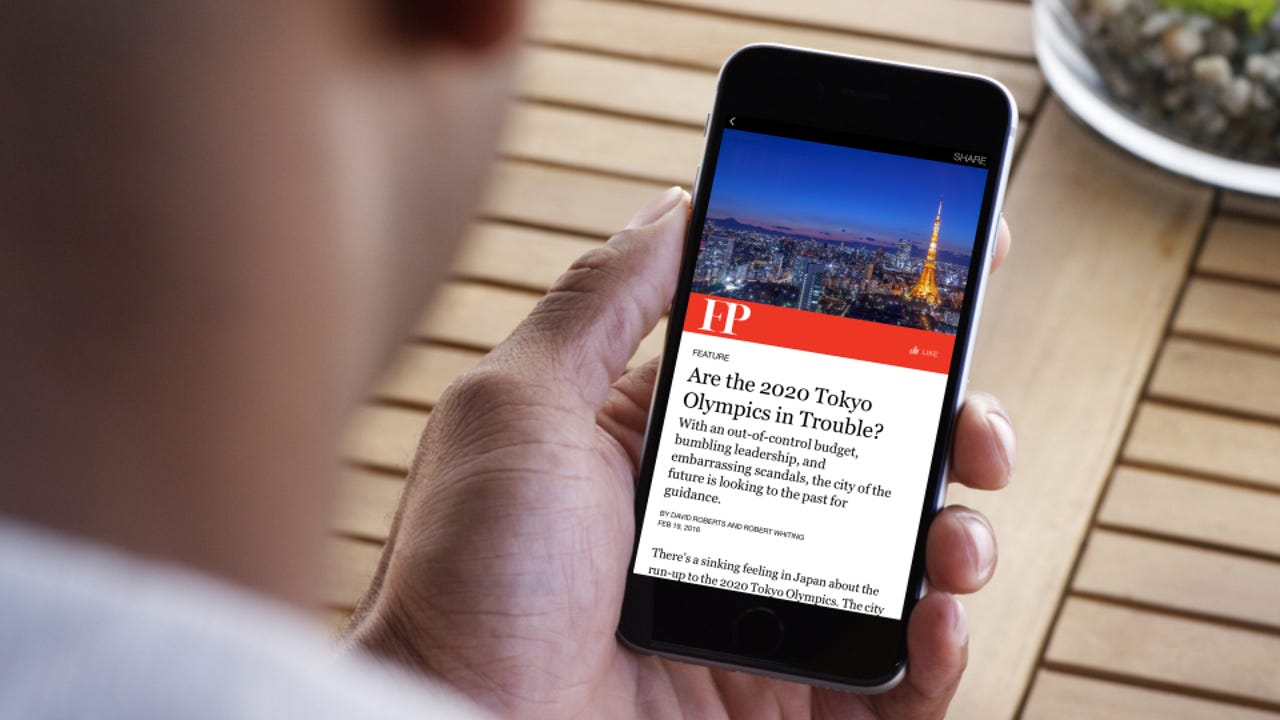Facebook will roll out a WordPress plugin for Instant Articles


Facebook has partnered with WordPress parent company Automattic to test and develop a new plugin that adapts web content for Instant Articles.
The social networking giant said it has worked with a small number of WordPress users to beta test the plugin, which offers a built-in suite of interactive tools to customize stories for mobile consumption.
Featured
Facebook revealed in February that Instant Articles would open up to all publishers on April 12, allowing anyone to create faster loading, interactive articles on the social network.
While the move was welcomed by publishers, there was some concern over whether amateur bloggers would have the coding skills necessary to master the formatting.
The WordPress plugin alleviates much of the skills gap while also helping to make the Instant Articles format more ubiquitous. According to Facebook, WordPress powers more than 25 percent of sites on the web.
"The plugin is open source, and we encourage the community to participate in its development to help publishers of all types take full advantage of the fast, native experience of Instant Articles," said Facebook engineering partner Chris Ackerman, in a blog post. "We will continue to iterate the plugin over the coming weeks and look forward to collaborating with the WordPress community to improve the experience."
Since its launch last May, Facebook has touted Instant Articles as a way to bring specially formatted content into News Feed directly from publishers.
The program has been somewhat controversial, however, as publishers raised concerns over how ad revenue would be shared between Facebook and those who produce the content.
Facebook said publishers have the option to sell ads in their articles and keep the revenue, or to use Facebook's Audience Network for monetization. The social network also made it possible for publishers to track article data and traffic through comScore and other analytic tools.